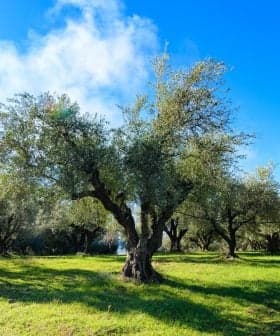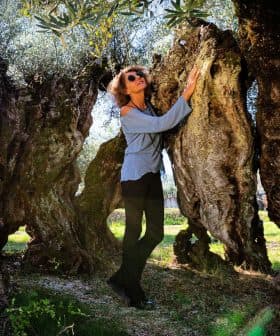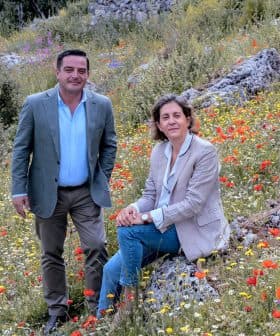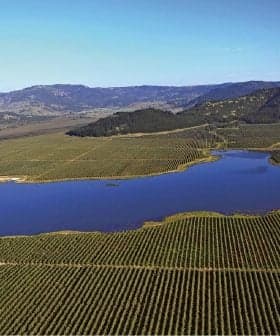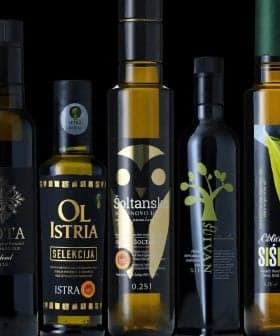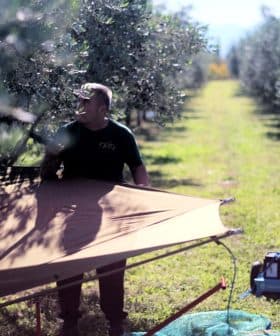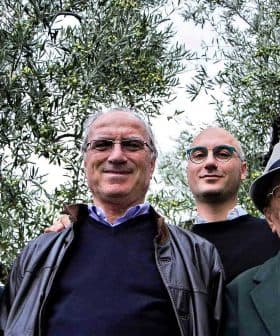Ayvalik’s Olive Oil Prodigy
Tasting olive oil makes Suzan Kantarci Savas happy. Such joy will serve her well in New York this April when she returns with her colleagues to taste over 900 samples in the world's largest olive oil competition.
 Suzan Kantarci Savas (Photo: NYIOOC)
Suzan Kantarci Savas (Photo: NYIOOC)Suzan Kantarci Savas, the youngest member of the elite panel of judges for the New York International Olive Oil Competition, brings a rare passion and professionalism to the industry, impressing her colleagues with her skills and dedication. Growing up in Turkey’s olive-producing region, Kantarci Savas combines her statistical background with a deep love for olive oil, showcasing her expertise in sensory evaluation and contributing to the global discussion on the quality of olive oils.
Suzan Kantarci Savas views each sample of olive oil she is about to taste as the beginning of a journey. The opportunity to peer into the dedication of its producer and the culture behind it makes her happy, she says. And her enthusiasm is felt by everyone else in the room.
Kantarci Savas (31) is the youngest member of the elite panel of judges for the New York International Olive Oil Competition (NYIOOC), the largest and most prestigious olive oil competition in the world. She serves among renowned experts from 9 countries who analyze entries each year to determine the year’s best olive oils.
Behind this young woman, there is great professionalism that will be very useful in the olive oil industry in Turkey.
NYIOOC President Curtis Cord recruited Kantarci Savas, who was just 29 at the time, when he was looking for a professional taster to represent Turkey on his 2015 panel. “Suzan was a prodigy with outstanding credentials for her young age,” Cord noted. “And she clearly had a rare passion for her craft that was immediately evident to her colleagues on the panel.”
NYIOOC Panel Leader Antonio G. Lauro concurred: “I have been able to appreciate Suzan’s safety and great sensitivity in assessing the quality of olive oils, always unhurried and decisive with her use of descriptors. My initial surprise was that Suzi (as we lovingly call her) reached similar conclusions to those of the more experienced judges.”
“We don’t speak only about the quality of olive oils in the competition, rather there is always a discussion about possible technological or agronomic causes of the outcomes. Behind this young Turkish woman, there is great professionalism that will be very useful in the olive oil industry in Turkey,” Lauro said.
Kantarci Savas grew up in Ayvalik, Turkey’s famed olive-producing region that has inspired artists for centuries with its natural beauty. Nevertheless, she settled on the decidedly left-brain study of numbers, earning a master’s degree in statistics (she is currently a PhD candidate in the Statistics Department at Dokuz Eylul University in Izmir).
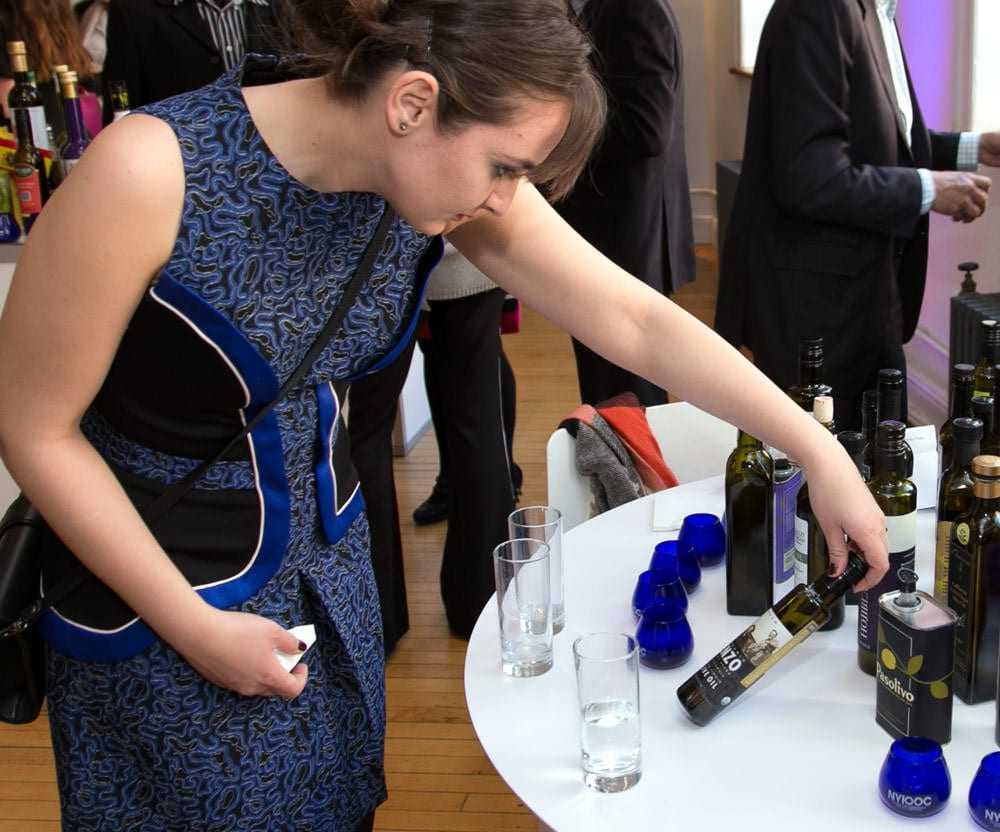
Suzan Kantarci Savas
In 2007, Kantarci Savas attended the harvest festival organized by the Ayvalık Chamber of Commerce and it was there, talking with Selim Kantarcı and Mustafa Tan, that her inspiration was sparked and she began to apply her statistical analysis to research on olive cultivation and oil production. The title of her master’s thesis was: “Multi-Expert Decision-Making by Using 2 Tuple Fuzzy Linguistic Representation and its Application to Olive Oil Sensory Evaluation.”
She studied with Efendi Nasiboğlu for several years and assisted panel leader, Ummuhan Tibet, at Turkey’s National Olive Oil Council.
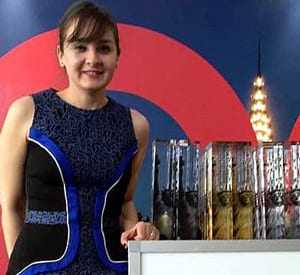
In 2011, she caught the eye of administrators at the International Olive Oil Council who awarded her a scholarship for a university course in the organoleptic assessment of virgin olive oil at the University of Jaén (Spain), representing the National Olive and Olive Oil Council of Turkey.
It was in Jaén that Kantarci Savas learned to explore much more than an olive oil’s pungency or bitterness: “People don’t just taste olive oil, they also discover themselves,” she said.
These days, she is working on a book about olive oil with recipes from the regional cuisine of Ayvalik passed down through her family, and she is preparing for her third trip to New York this April to join her colleagues from around the world at the 2017 NYIOOC.
“Her young age doesn’t deceive us,” Lauro concluded. “With Suzan the discussion of olive oil is always at the highest level.”



